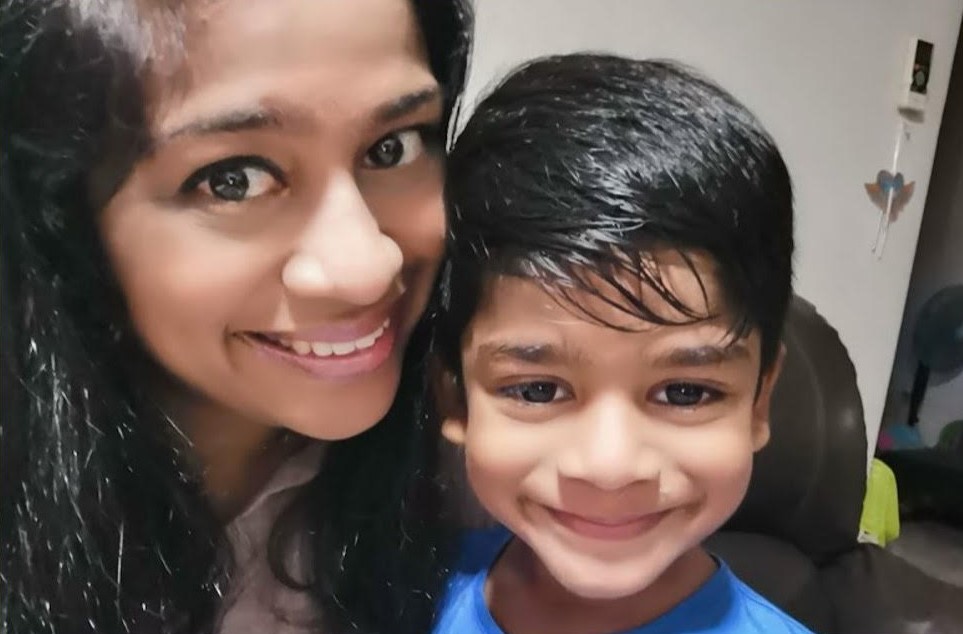Framing Childhood
01 Aug 2014
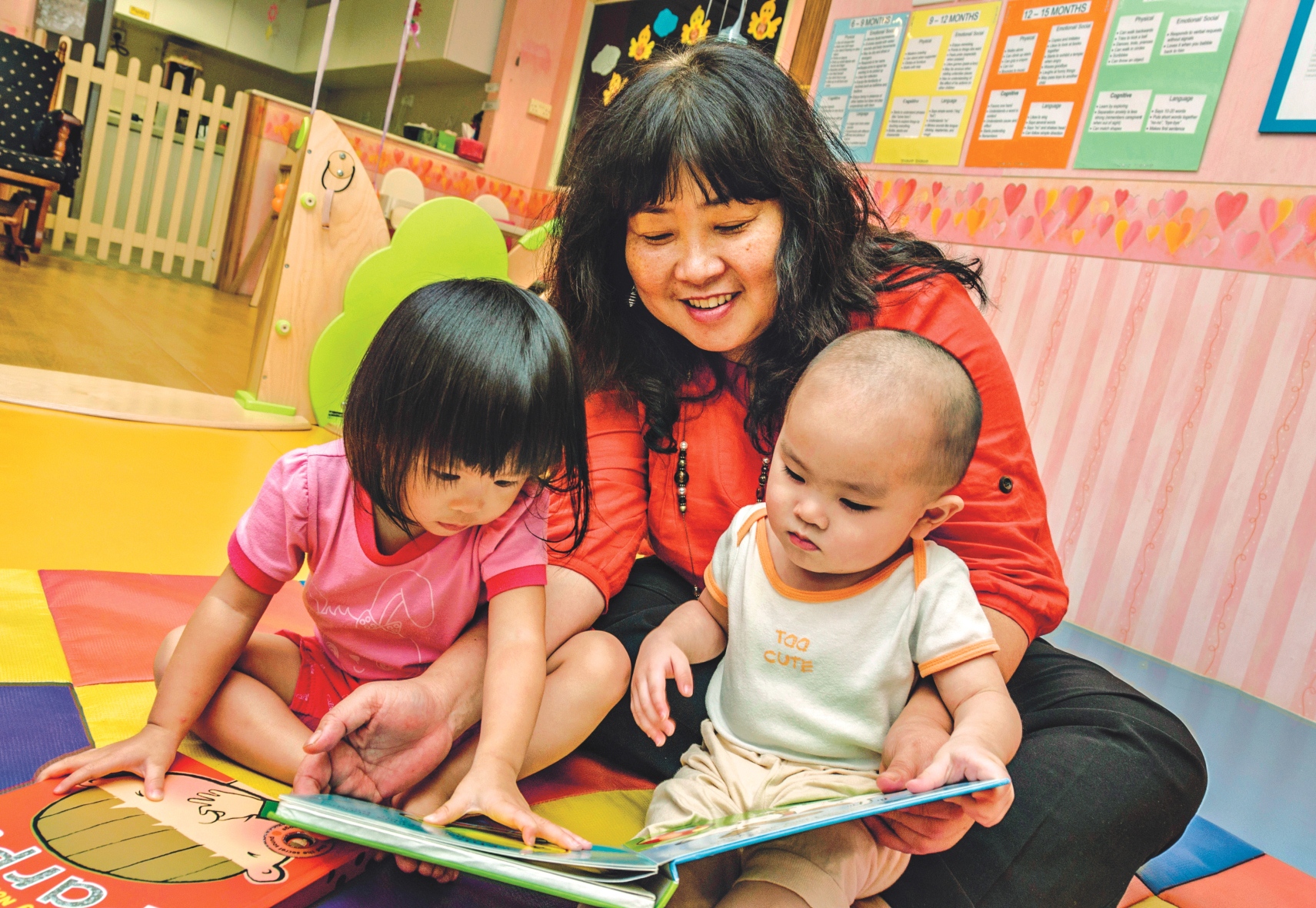
The Ministry of Education (MOE) and Early Childhood Development Agency (ECDA) have designed two curriculum frameworks to support local pre-schools in creating quality learning experiences for their children.
The Nurturing Early Learners (NEL) Framework and the Early Years Development Framework (EYDF) offer a professional climate to foster sound care, learning and pedagogical practices and competencies among early childhood professionals to help push up overall quality and standards. Within their broad frameworks, the NEL and the EYDF provide a seamless and coordinated approach to the care, development and learning of children from infancy right through their kindergarten years.
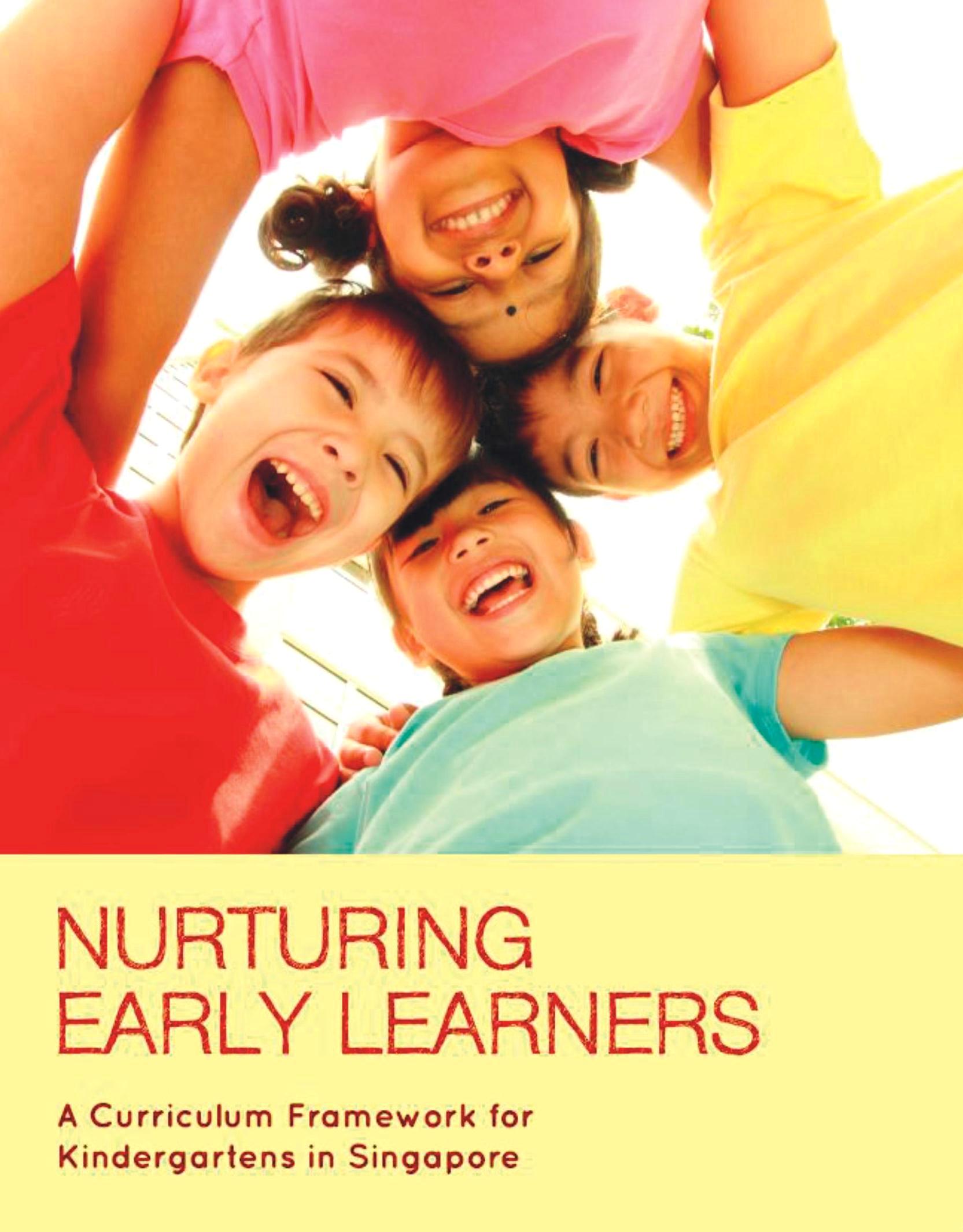 The Nurturing Early Learners Framework (4 to 6 Years)
The Nurturing Early Learners Framework (4 to 6 Years)
First launched in 2003, the NEL Framework was refreshed in 2012 by the Ministry of Education (MOE) in light of current developments and research findings in early childhood education. The framework is part of the broader NEL Curriculum which includes an Educators’ Guide as well as teaching and learning resources to support educators in creating quality learning experiences for children aged four to six.
“This NEL Curriculum is vastly different from the old workbook-and-worksheet approach,” says Ms Marina Ho, 49, Centre Head of the MOE Kindergarten @ Dazhong. “It focuses on nurturing holistic development and I feel that our children have become more confident and responsive as a result.”
According to Ms Tan Ching Ting, 44, Lead Specialist for Pre-school Education at MOE, the NEL Curriculum lays a strong foundation for children to become lifelong learners and achieve learning goals in Aesthetics and Creative Expression, Discovery of the World, Language & Literacy, Motor Skills Development, Numeracy, and Social and Emotional Development.
The NEL Curriculum is broad enough to accommodate different approaches and philosophies. While it is not compulsory for pre-school centres to adopt it, MOE strongly encourages pre-school centres to use the NEL Framework to review and plan their curriculum.
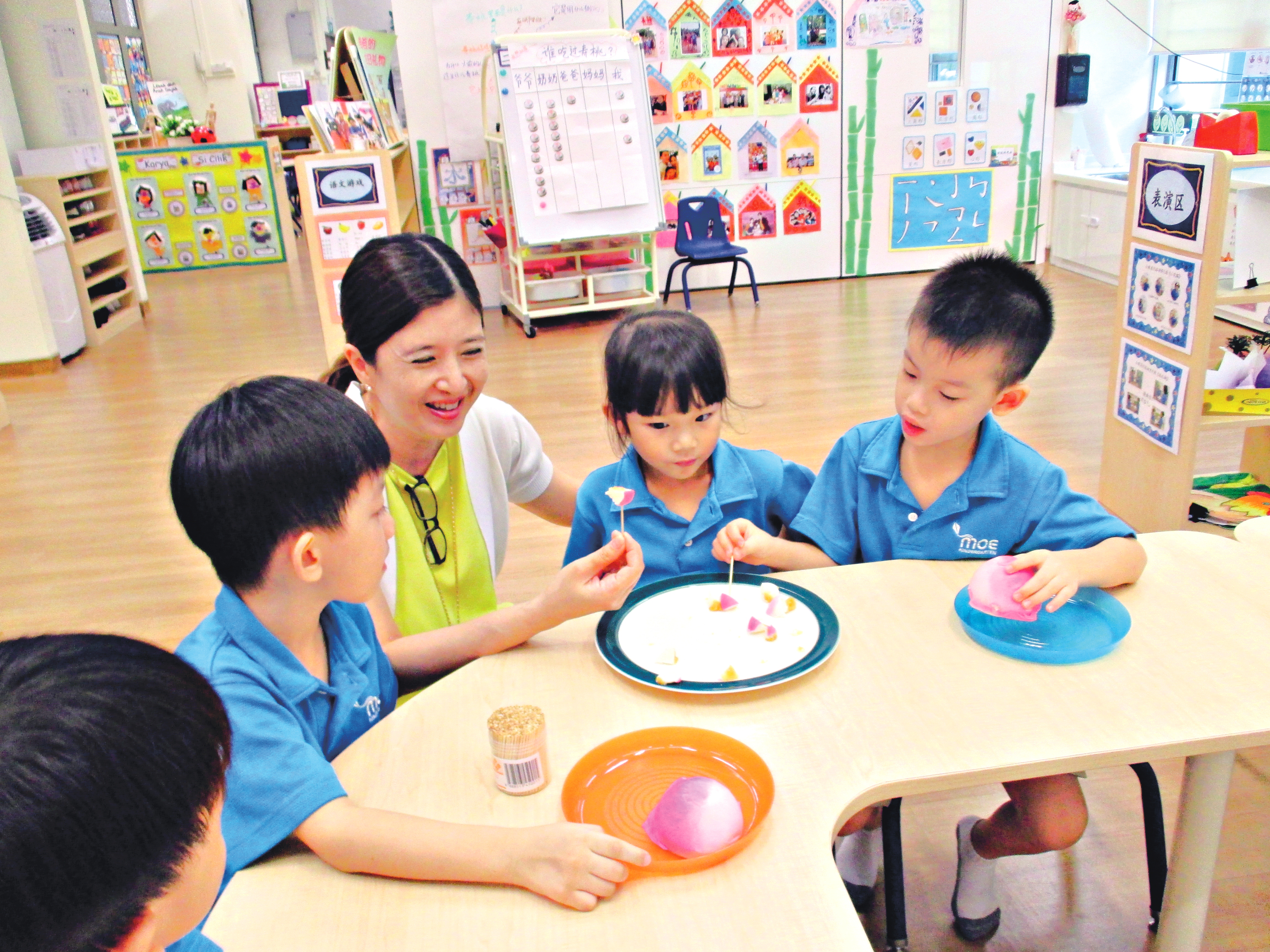 The seven-volume NEL Educators’ Guide as well as other resources are also meant to help educators understand the NEL Framework and implement the curriculum. Operators, principals and training agencies have also been briefed so that the learning goals and teaching principles in the NEL Framework can be incorporated into the way centres organise their programmes, as well as in teacher training and continuing professional development.
The seven-volume NEL Educators’ Guide as well as other resources are also meant to help educators understand the NEL Framework and implement the curriculum. Operators, principals and training agencies have also been briefed so that the learning goals and teaching principles in the NEL Framework can be incorporated into the way centres organise their programmes, as well as in teacher training and continuing professional development.
MOE has also published a parents’ guide to the NEL Framework to enable them to better understand how young children learn, and what their child should be able to achieve by the end of their kindergarten education. It is available at www.moe.gov.sg/education/preschool.
The Early Years Development Framework (2 Months to 3 Years)
Launched in September 2011, the Early Years Development Framework (EYDF) for infants and toddlers was developed in response to compelling research evidence from neuroscience and early years experiences that underscore this period as an important stage in a child’s development.
Ms Angela Anthony, 50, ECDA’s Senior Assistant Director (Curriculum Planning & Development) says the EYDF offers supervisors and educarers a pedagogy of care to plan and create enriching experiences and environments. It also enables them to strengthen partnerships with families and the community so as to harness the learning and developmental possibilities for infants and toddlers
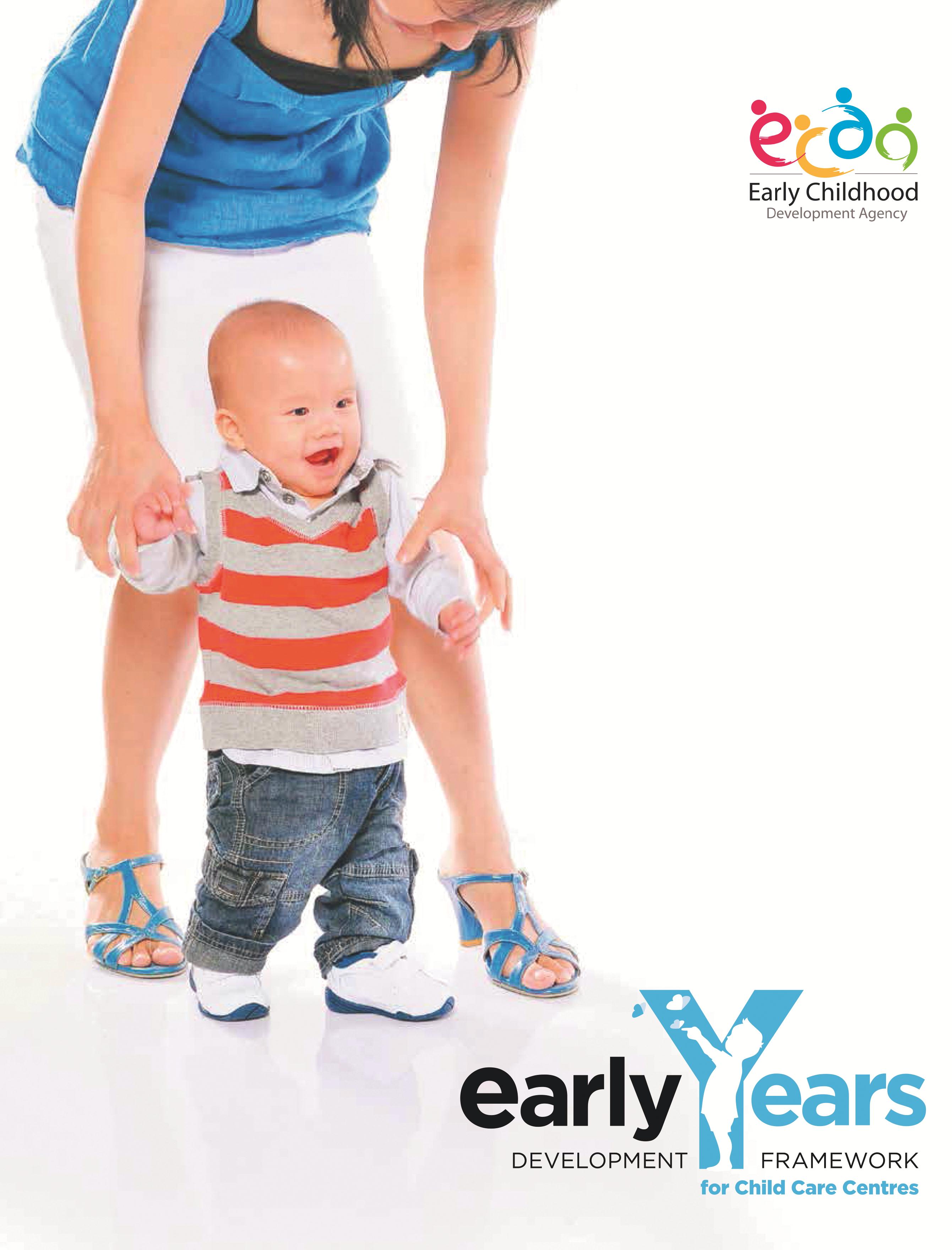
“The framework has enabled educarers to have a better understanding of the existing practices as well as what they are required to do,” says Ms Maureen Soon, Principal with Club HDB Child Care Centre. “They are thus more sensitive to the different developmental stages especially the distinct needs of infants and toddlers. Thus, the educarers are able to create a positive and nurturing environment.”
The Early Childhood Development Agency has also rolled out a series of subsidised 16-hour EYDF training workshops since 2012. The training, says Ms Soon, 55, has guided educarers in responding appropriately to children’s physical, linguistic, cognitive, social and emotional needs.
The training takes a process-oriented approach. According to Ms Anthony, numerous case studies, videos and observations, role-play simulations, group discussions and reflections help the educarers to make connections between theory and practice.
To meet the challenge of more experienced teachers reverting to their old ways of doing things over time, Ms Soon says a system of in-house training and informal discussions was set up, through which staff could share techniques for implementing the framework and remind each other of what they had learnt.
Going beyond core training is a mark of continual professional development in practice. Sharing and exchange allows for a deeper understanding of the framework. “Educarers feel supported in drawing connections between the framework, children’s experiences and their practices, and so their quality of care is boosted as well as their sense of professionalism,” says Ms Anthony.
Taken from Beanstalk (Jul-Sep 2014), published by the Early Childhood Development Agency.
More information on the EYDF is available online on www.ecda.gov.sg/PressReleases/Pages/Early-Years-Development-Framework-(EYDF).aspx and NEL Frameworks on www.moe.gov.sg/education/preschool.

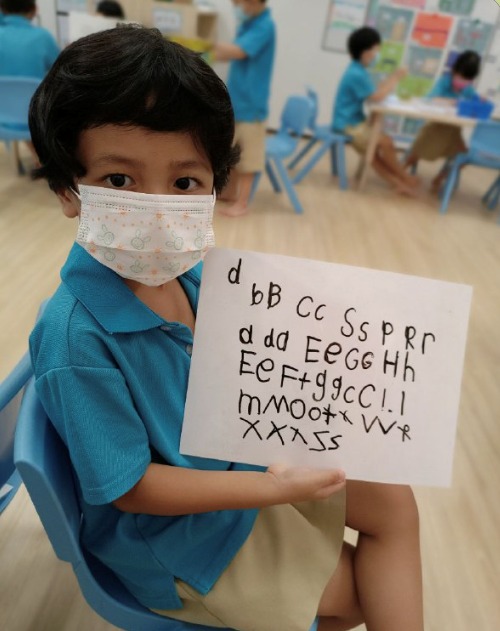
.jpg)
.jpg)

